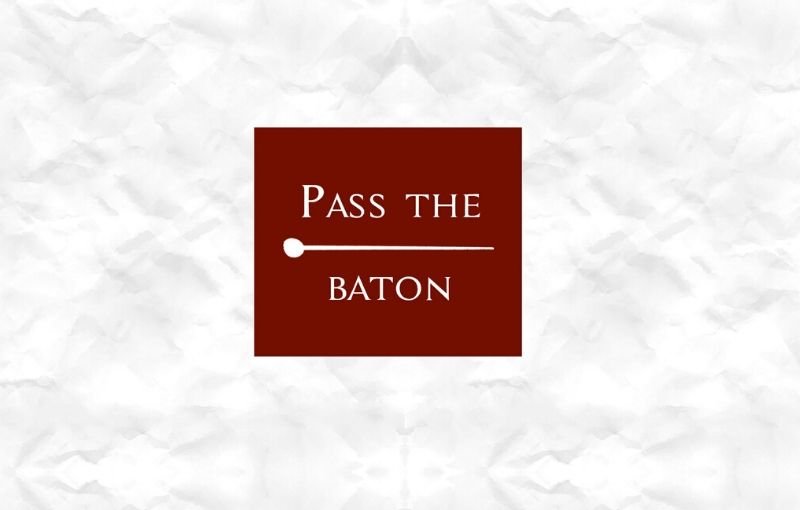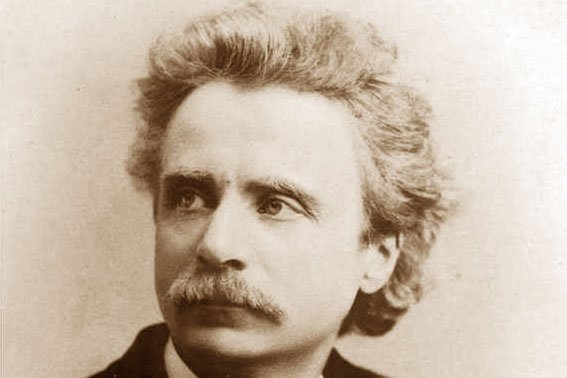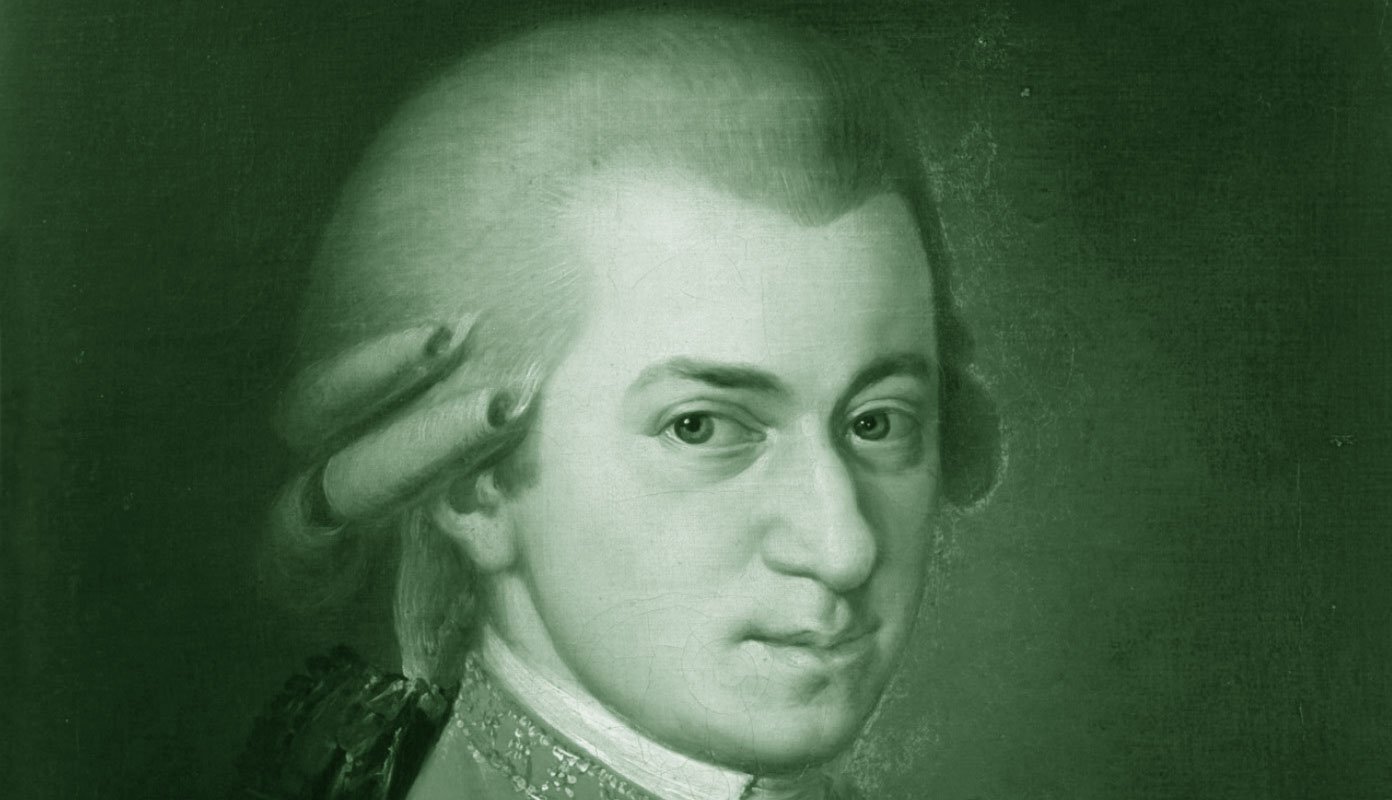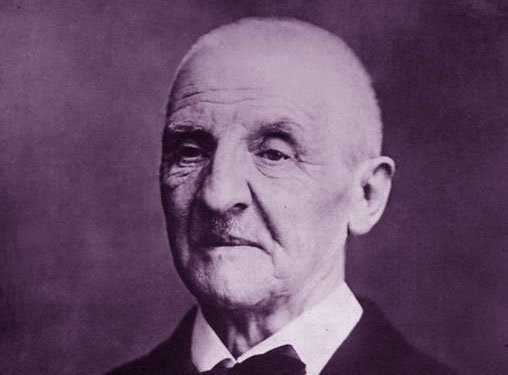Canción
“Canción” literally means ‘song’. Of the “Siete canciones populares españolas” this is the only one that does not come from a particular region of Spain, but is based on a melody largely known throughout the State. It’s, once again, about love, lost and betrayed. The focus is on the betrayed lover, and on his regained strength once he decides to finally bury his feelings. Reading through the lines though, we learn the bitterness that is left in him when he throws a curse at the person who left him.
The piece remains in G major throughout, but even with its uplifting key and rhythm there’s a sort of anger pervading it, which only fades away at the very end, when the feelings of the lover are buried in the lowest G of the keyboard.
Here’s this Canción, sung, as usual, by Conchita Supervia.
A note on the lyrics: words like “Madre” or “Del aire” are interjections derived from the flamenco tradition of using small phrases or call words in their performance. The flamenco pieces are mostly improvised and these words do not necessarily relate to the text of the piece directly but, rather, to the feeling of it
Lyrics
Por traidores, tus ojos, voy a enterrarlos;
No sabes lo que cuesta,
“Del aire” Niña, el mirarlos.
“Madre a la orilla”
Niña el mirarlos
“Madre”
Dicen que no me quieres,
Y a me has querido…
Váyase lo ganado,
“Del aire”
Por lo perdido,
“Madre a la orilla”
Por lo perdido,
“Madre”
As traitors I should bury your eyes
You don’t know what it costs,
“From the air”
Darling, to look at them,
“Mother, at the shore”
Dear, to look at them
“Mother”
They say you do not love me
and you’ve wanted me
Take what you earned,
“From the air”
Therefore
“Mother, at the shore”
Therefore
“Mother”
Here you can find all the articles related to the Siete













0 Comments